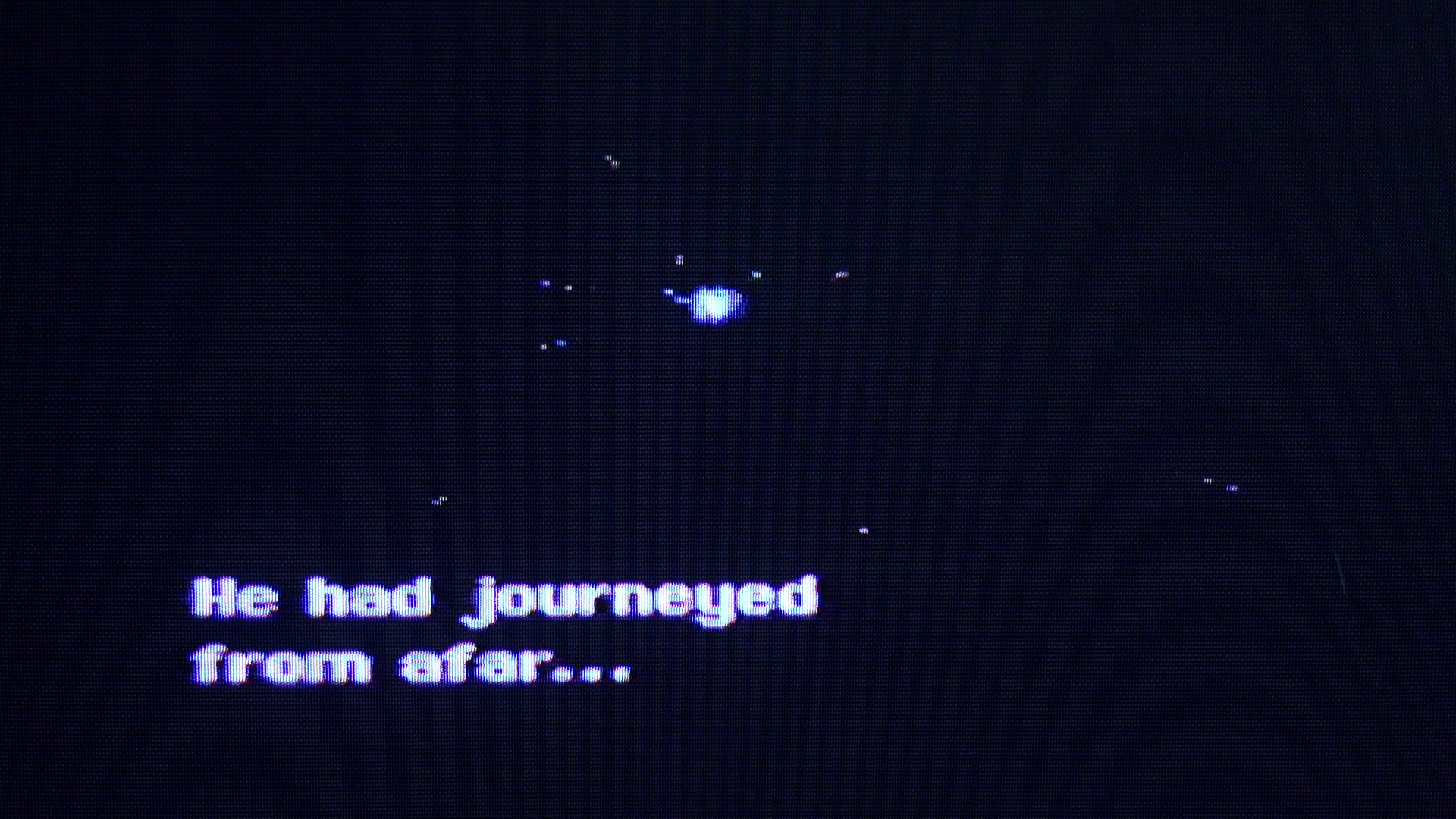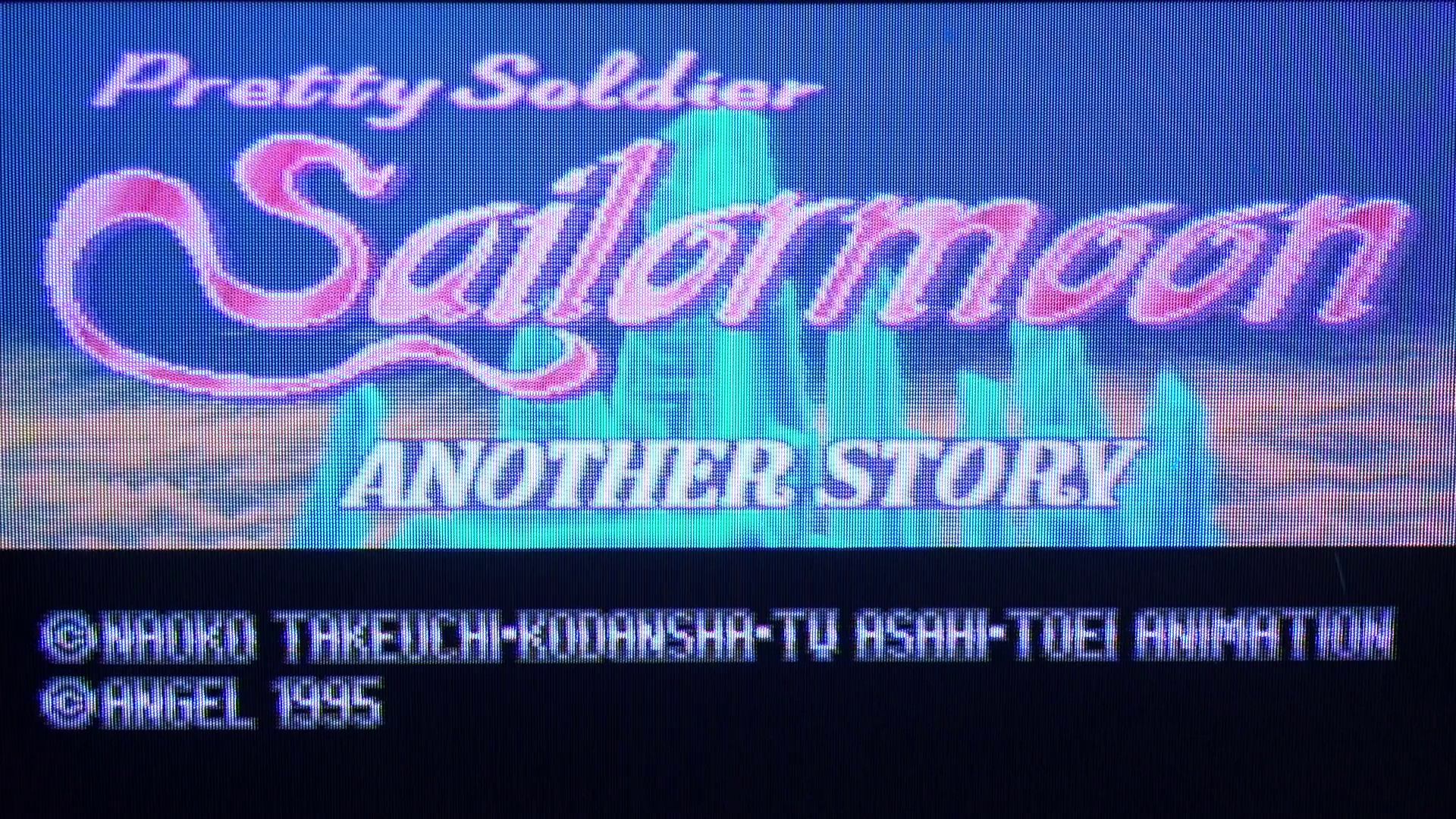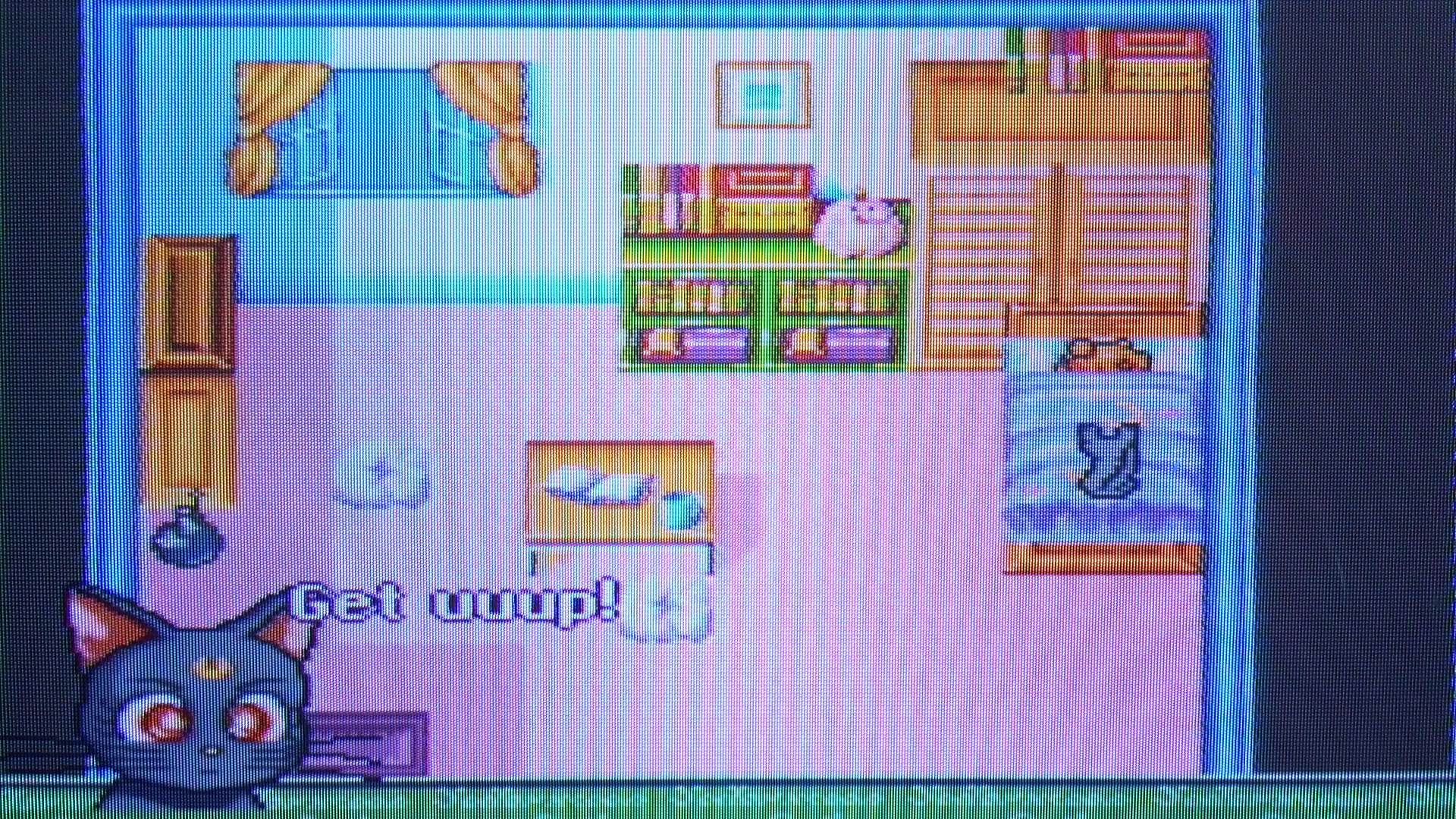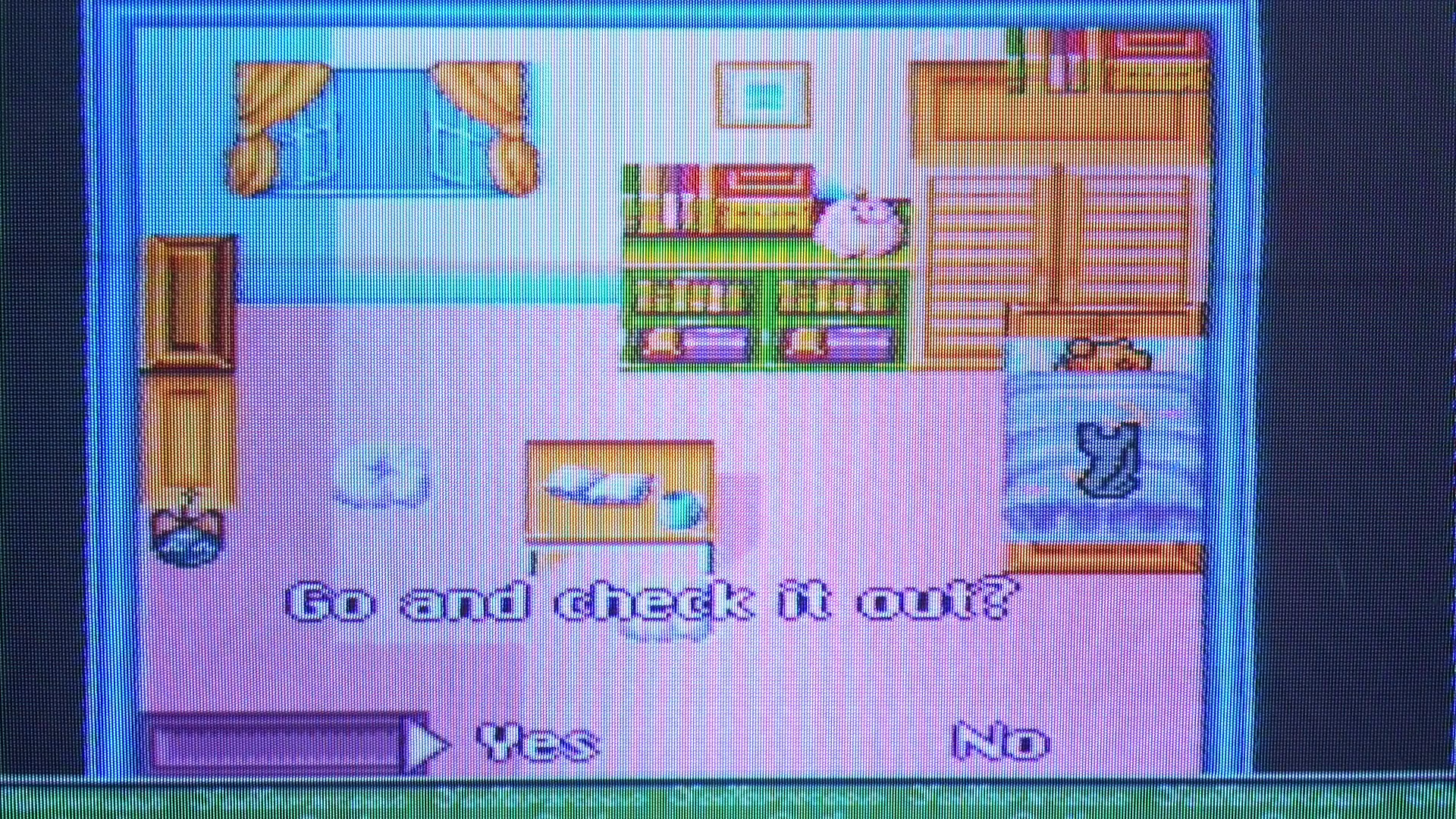hd video / 27:10 / no dialog / text: english
The Comet is a work about sleeping, wanting to sleep, through a cataclysmic event, about faux nostalgia, and inertia. We are presented with footage of a fan translation of the 1995 Super Famicom title Bishoujo Senshi Sailor Moon: Another Story, but the player in this almost half-hour piece never leaves the first interactive screen and ultimately shuts the console down.
In the game, a comet quickly approaches planet Earth, and only the game's protagonists, the Sailor Senshi, will be able to save the world. However, these protagonists are also 16 year old high school girls whose minds are entirely elsewhere. While much of the comedy of the original manga and anime adaptation the game is based on is derived from this fact - that, for example, Sailor Moon, the franchise's main character, is repeatedly portrayed as chronically lazy - this idleness gains another dimension when control over the main characters' movements is given not to the narrator or animator, but the player of a game. Right at the beginning, the player is given the illusion of choice: After the introductory animation, Sailor Moon is informed about strange occurrences in her town and tasked with investigating whatever might be going on. However, one can choose to say "No". The game then runs a little spiel with Luna the cat asking the player repeatedly to finally wake up, and the only way to advance the story is to actually get up and follow Luna's instructions.
The game was never meant to be played by Western audiences, and even though it has been, in some shape or form, been digitally available since the late nineties, the feeling of nostalgia usually innate to Super Famicom/SNES games for people of a certain age and demographic can never fully materialize here. All the pieces are there, but they stay foreign, oneself stays out of touch. Fan translations are more work than native, purchaseable titles, and the usually firmly manifested naiveté of childhood gaming sessions cannot be properly recalled, only simulated. The game is being played by an adult familiar with the franchise, but not this particular title, and the fondness for its quirks is therefore on shaky grounds. It will never be able to offer the comfort and escapism it once promised to its 1995 audience - instead, it offers a unique, commercial view into some iterations of "girlhood" that to a pubescent consumer might seem quirky and relatable, but to an adult outside the target audience, if the game is relatable at all, the idea of not wanting to get up under any circumstances hits differently.
Some days, one doesn't want to get the story going, and the game never force-quits this little dialog between Luna and Sailor Moon. And interestingly, the lazy protagonist might be right: As long as she doesn't wake up, the comet will never arrive.



